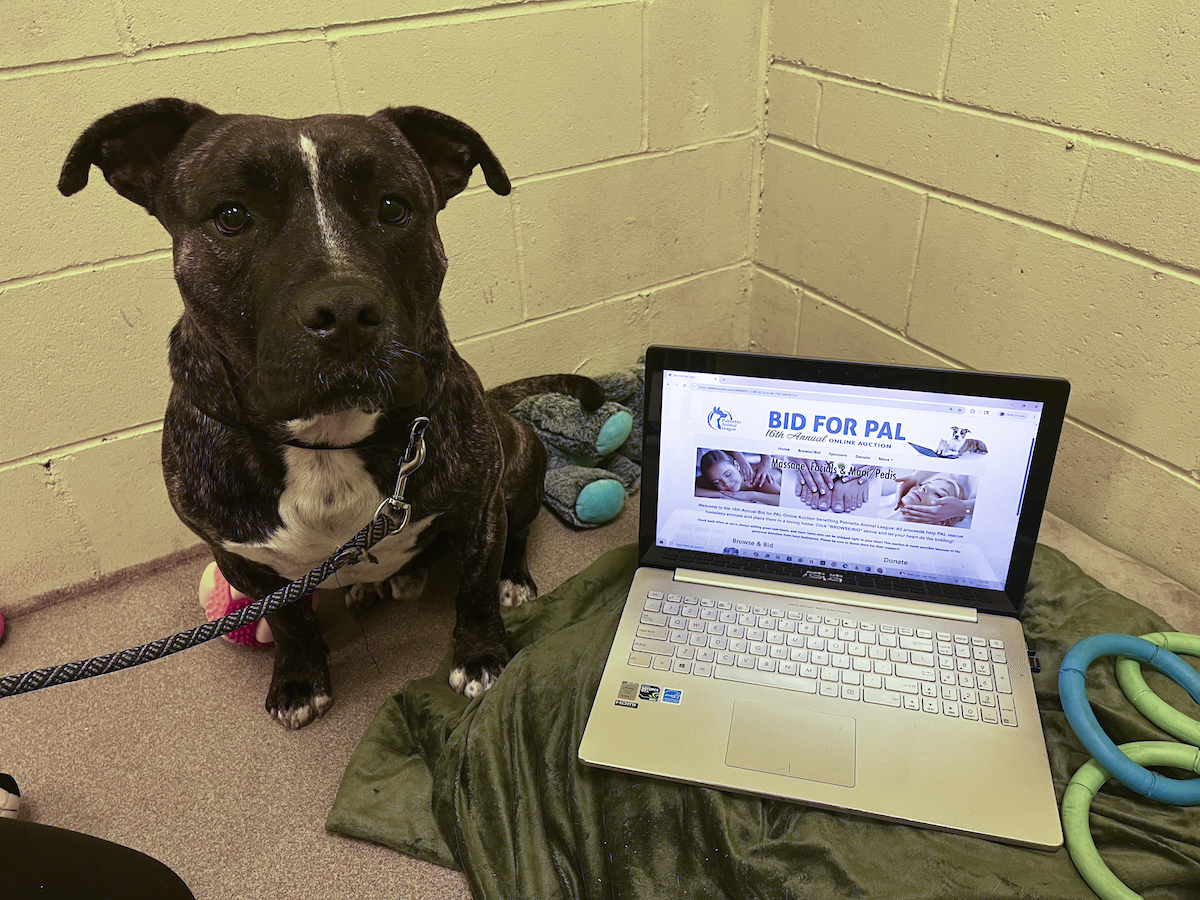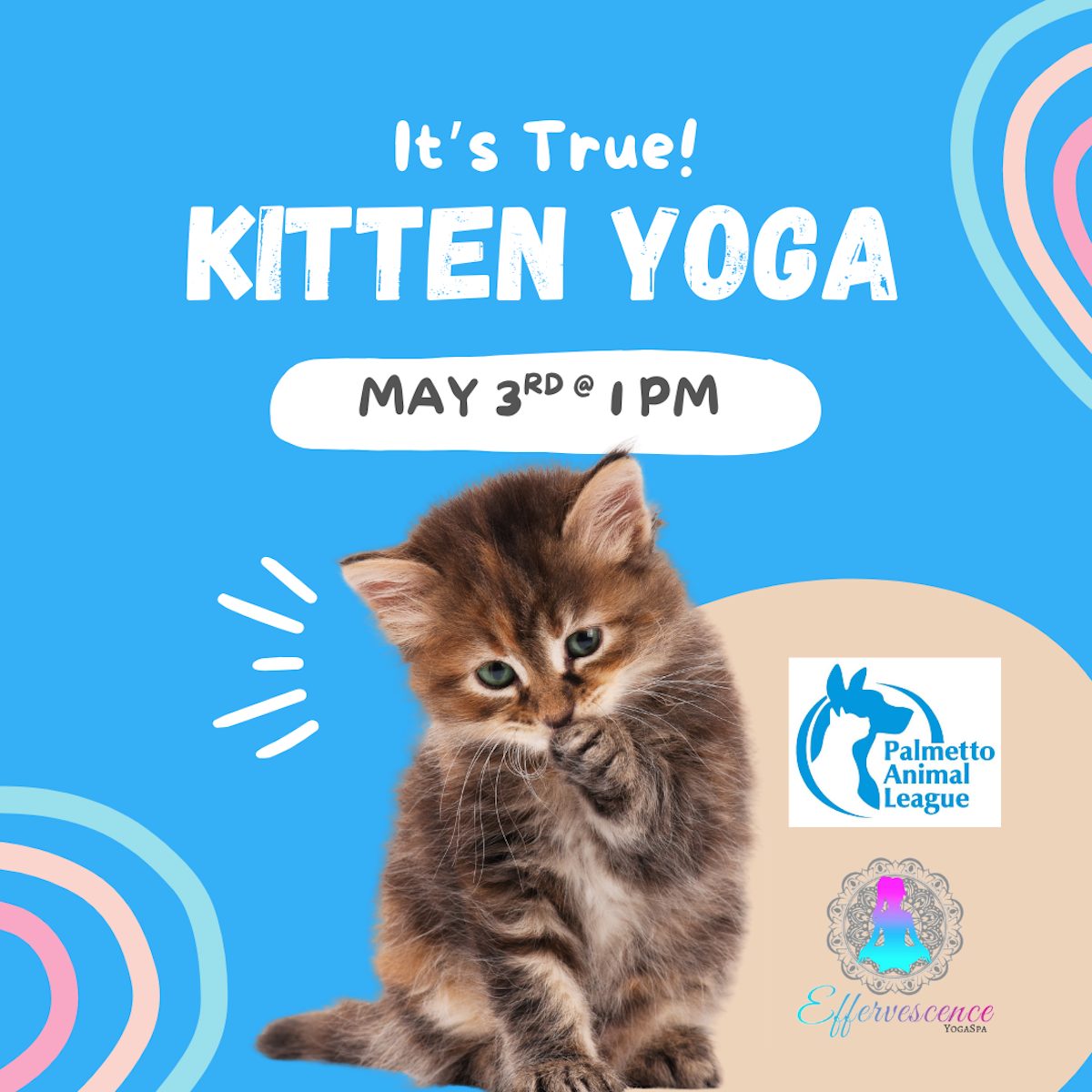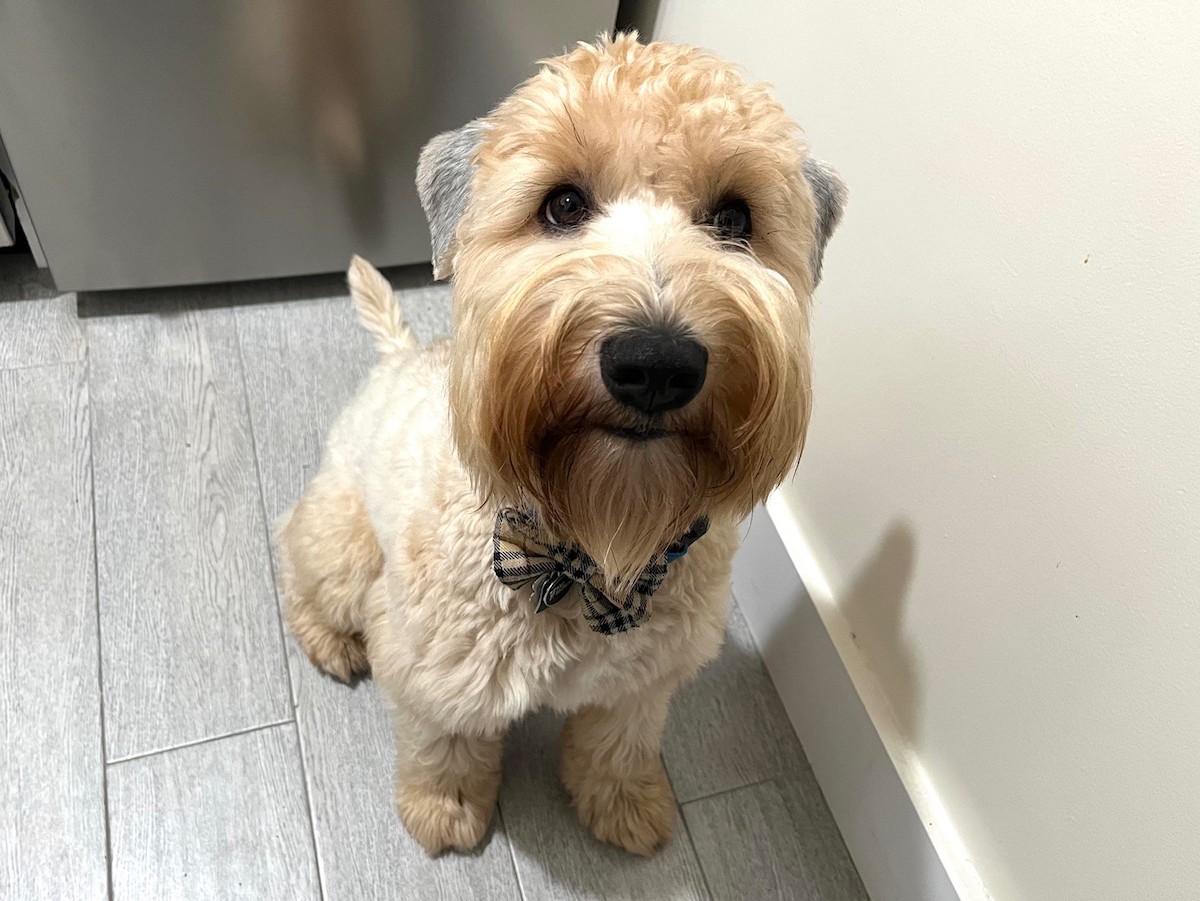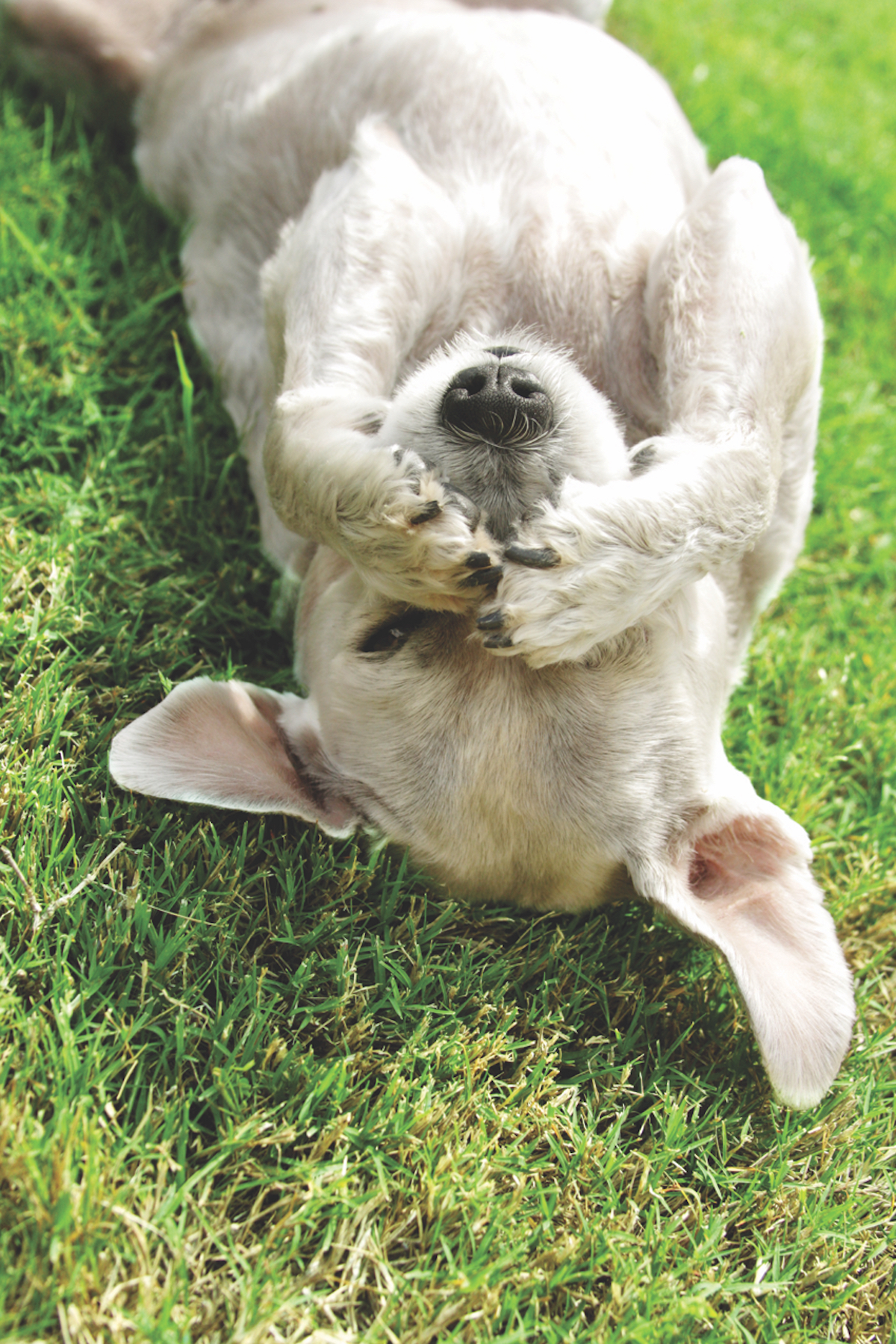By Tracie Korol
In the last couple of years dog owners routinely tell me they no longer buy kibble and treats made in China. We’ve all become wiser since the melamine poisonings and massive recalls from 2007, we’re aware that quality control and food safety standards are shabby at best in many overseas manufacturing plants and that even in the US, manufacturers have few safety and testing requirements. But despite avoiding these products, dogs continue to die and become ill. How does this happen when the food label says ‘made in the USA’?
Food product destined for kibble, rendered useless and inert from irradiation, high-heat processing and extrusion production will not meet AAFCO standards once they are processed. As a consequence, the vitamins and minerals must be added back in for the food to pass AAFCO requirements.
In 2007, it was discovered the offending killer, the melamine, was in the premix. What’s the premix? It’s those vitamins, minerals and long chemical names that are listed at the bottom of every dog food label. Chances are high that the premix was manufactured overseas. If the premix is not added to the food, your dog would become ill and malnourished from eating the nutritionally dead contents. If the premix is added to the food, you are relying on foreign safety standards and are essentially playing chicken with your Best Friend’s health.
Nearly every premix is manufactured overseas where production costs are low and manufacturing standards are even lower. The frightening part is that we can’t tell where the premix comes from because it does not have to be listed on the label. The only way to know is to phone the manufacturer and ask if the premix is made in the US or overseas. But here’s the tricky part, even if you make the phone call and find out that your pet food’s premix has been manufactured in the US, there’s still a Great Unknown. The individual synthetic vitamins and minerals that are in that made-in-the-US premix are almost all manufactured in India or China! Here’s a statistic: did you know Chinese manufacturers have cornered over 90% of the U.S. market for this Vitamin C for people? What do you think the percentage is for pet food?
Aren’t there laws about this, you ask? At this time, neither the US Food and Drug Administration (FDA) nor the Association of American Feed Control Officials (AAFCO) has any regulations or expressed policies regarding use of the American flag or ‘made in the USA’ on animal food packaging. There are, however, “guidelines” offered by the Federal Trade Commission (FTC) (business.ftc.gov/documents/bus03-complying-made-usa-standard) which are regarded as academic exercise by most pet food manufacturers.
US Customs and Border Protection (CBP) regulations require that labels identify the country of origin unless there is a “substantial transformation” of the food in the US before distribution to the public. The example they use is with shrimp. If the shrimp is imported from another country, and once in the US is only subject to repacking with minimal processing that does not change the character of the food (e.g., peeling, deveining), the label must still say “Made in ___” or “Product of ___.”
So, what that really means is once the product is in the US as long as it still resembles shrimp, it must bear a label of origin. However, if once in the US the shrimp is processed into a substantially different food product, such as shrimp cat food, no such label statement, either in regard to the shrimp itself or to the product as a whole, is required by law. Bottom line, we don’t know where the stuff is coming from.
It is likely safe to assume that virtually nobody is actively protecting your pet from poisoned pet foods. The safest thing you can do for you pet is to feed him a raw or home prepared diet – or a commercial diet that doesn’t contain premixes. What can you do? Seek out companies that are transparent about testing for toxins. Look for products free of synthetic ingredients of any kind. Do your homework and ask the manufacturer the hard questions. Be an active advocate for your pets.





